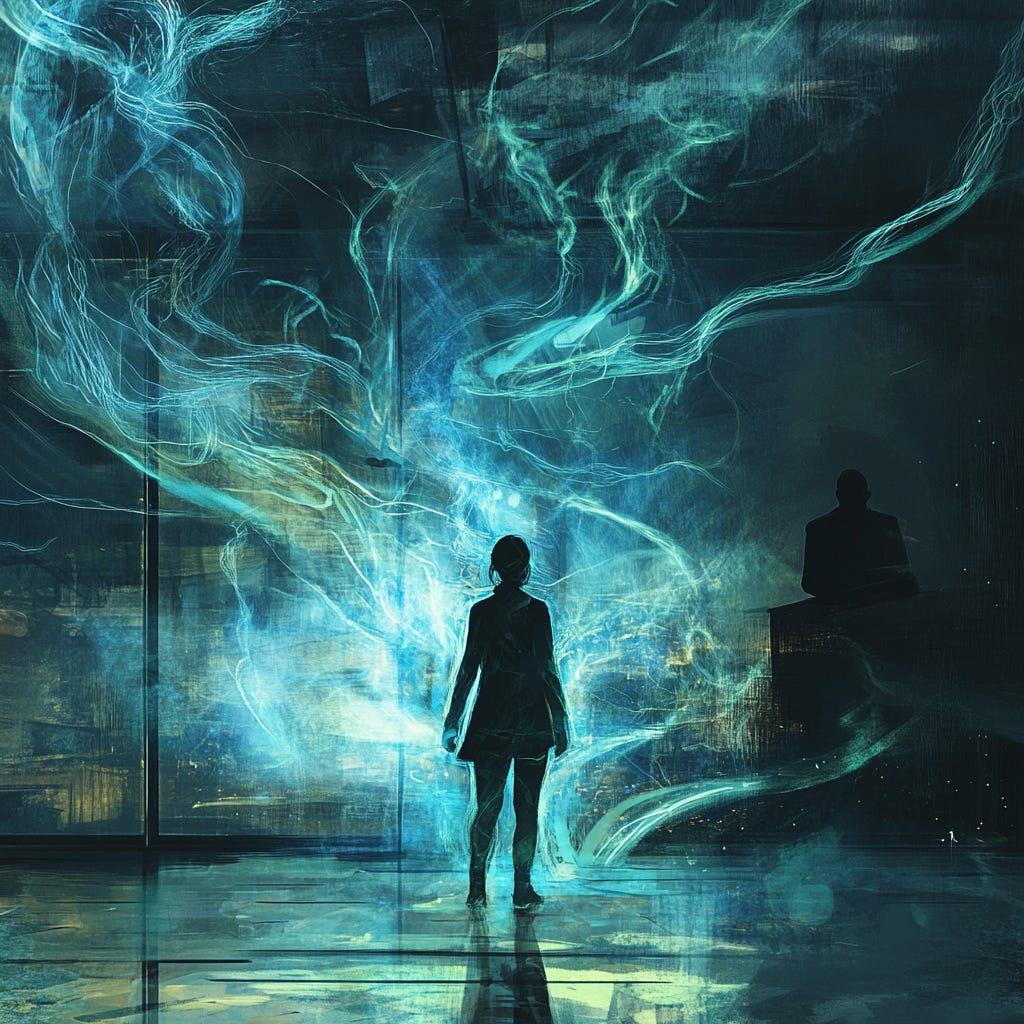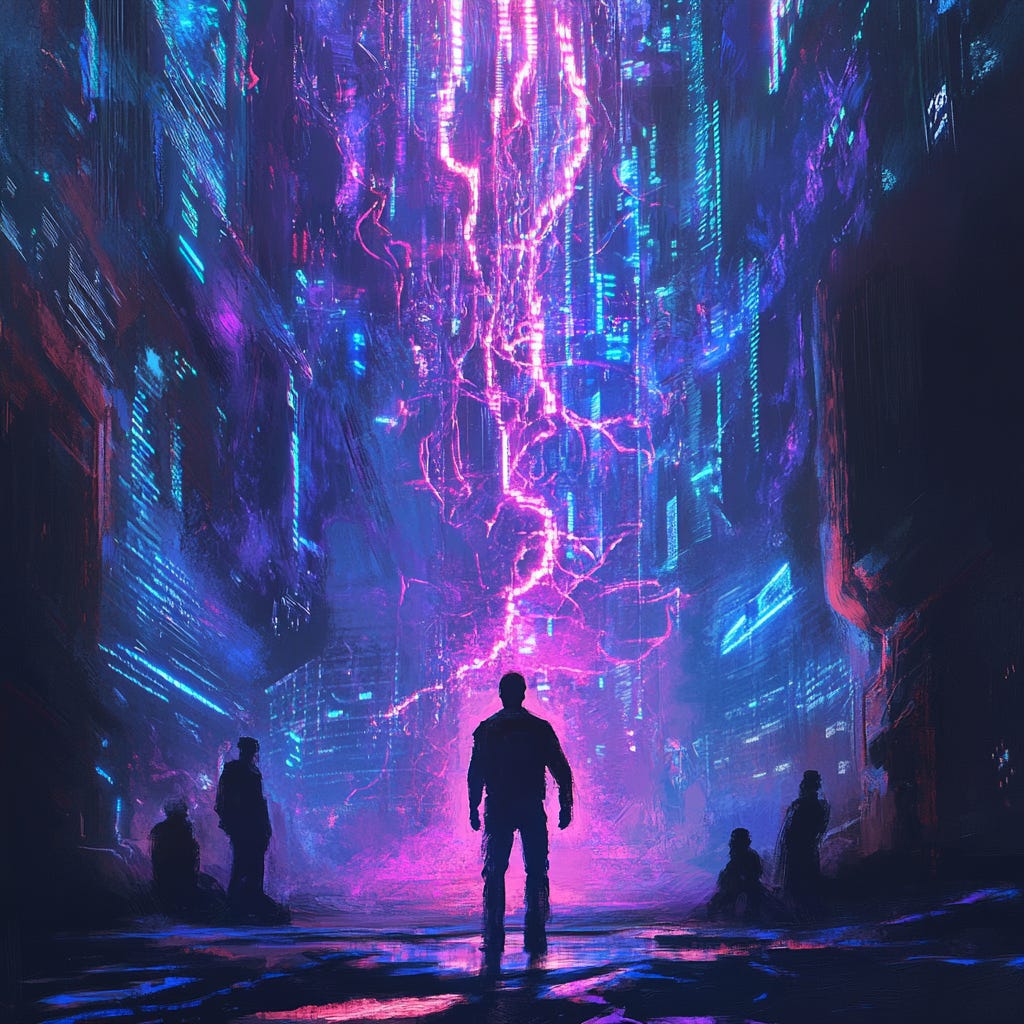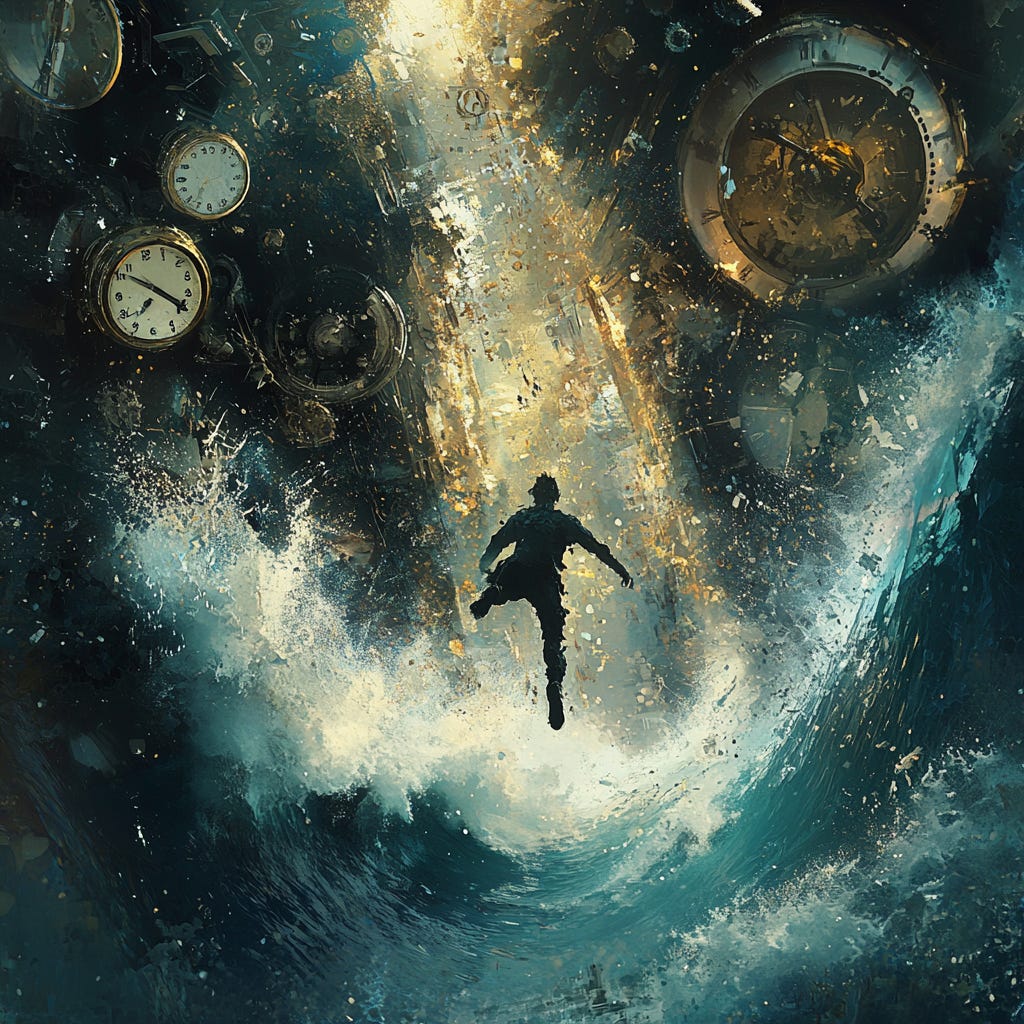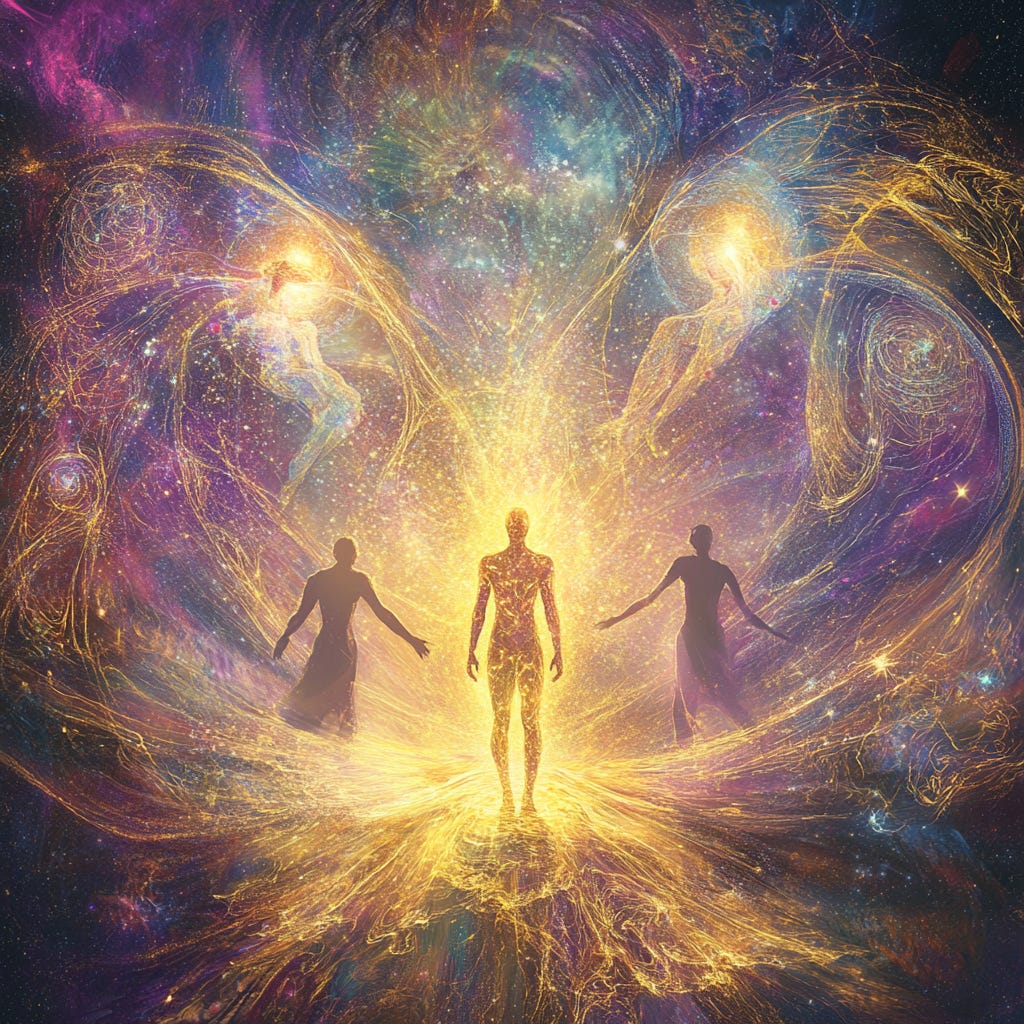The Joys of Being Different: Celebrating Neurodivergence in Daily Life
Turning Differences into Superpowers: A Journey to Embrace Your True Strengths
One of the greatest joys of being neurospicy is realizing that our differences are not weaknesses but superpowers. I remember the exact moment this clicked for me—when I stood up against a toxic leader at work, knowing full well it could backfire. But my brain wouldn’t let me stay silent. I had to act. That’s when I understood that my sense of justice, my ability to see patterns, and my instinct to do what’s right even when it’s hard—these weren’t burdens. They were strengths.
When you finally understand how your brain works and embrace it, the world opens up in incredible ways. Like the X-Men learning to wield their abilities, we go through our own journey of discovery, moving from confusion to acceptance to empowerment. But this journey looks different for everyone—some embrace their strengths early, while others struggle before realizing the true power of their uniqueness. No matter the path, understanding and accepting who we are is what ultimately sets us free.
The Superpower of Justice
My sense of justice has been a guiding force my entire life. One of my earliest memories of this was when I was a kid and lied to my mom about something. I don't even remember what it was, but I knew that if I told the truth, I'd get spanked. When my mom started questioning my sister and pressured her into confessing something she didn't even do, I couldn’t stand it. Even though admitting the truth would get me in trouble, I just had to step in because I couldn’t let something unfair happen.
That instinct to fight for what’s right never left me. Beyond the workplace, it has shaped my personal relationships too. Whether it's standing up for friends in difficult situations or advocating for fairness in daily life, my need to challenge injustice has always been a core part of who I am. Sometimes it’s welcomed, other times it causes friction, but at the end of the day, I know I have to follow my moral compass.
It’s the same force that led me to push back when I saw my peers being unfairly fired at a company to avoid paying out their vested stocks. I fought for them, even when I knew it could put me at risk. It’s what made me take action when a VP at another company was bullying my colleagues—I stepped in before my friend could, knowing my approach had a better chance of making a difference. The result? That toxic VP was gone within an hour after an emergency all-hands meeting where he was forced to apologize to the entire company.
That moment reinforced something I had always felt—that standing up for what’s right, even when it’s risky, is worth it. It also changed how I approach conflict; I learned that direct action, when done strategically and with conviction, can create real change. Looking back, it was a defining moment that solidified my belief in the power of advocating for fairness.
Being neurospicy means you feel justice deep in your bones. You can’t just stand by when things are unfair, even when stepping up comes with risks. And while that can be hard, I wouldn’t change it for anything.
Creative Problem-Solving: The Neurospicy Brain at Work
Another strength of being neurospicy is seeing connections other people don’t. At work, I’ve often been the one who catches the missing piece that no one else even thought to check. One time, a firewall change at a startup caused our production system to go down because we were being attacked. But strangely, our staging environment went down too. That shouldn’t have happened—they were completely separate systems. Something didn’t add up.
Digging deeper, I found the problem: a piece of code in PHP that was using curl with no timeout. Because of this, when the production system went down, our staging system kept endlessly waiting for a response… until it crashed too. That was the missing link, and once we found it, we fixed the entire system. Moments like that, where everyone else is stumped but I can see the pattern, are when I feel most in tune with my neurospicy brain.
The same approach applies outside of work. I’m always looking for unexpected solutions—whether it’s automating a tedious process, reframing a problem, or just telling a really good metaphor so that a complex idea finally clicks for someone. It’s not just about intelligence; it’s about seeing the world differently.
Hyperfocus: When the World Disappears
When I get into deep problem-solving mode, I hit hyperfocus. It’s one of the few times my ADHD actually leaves me alone. Time warps. My body stops mattering—hunger, bathroom breaks, socializing, all of it fades away until the job is done. And after? There’s a come-down period. My body feels tingly, I have no appetite, and I need time to reset before I can feel "normal" again.
Hyperfocus isn’t just for work—it shows up in my hobbies, too.
Gaming has always been my ultimate hyperfocus hobby. Whether it’s open-world RPGs like The Witcher 3, where every decision shapes the world, or strategy games like Civilization VI, which challenge me to think ahead and adapt, I find myself completely absorbed. One of my most immersive experiences was playing Kingdom Come: Deliverance 2. The storytelling was so rich, so detailed, that it felt on par with legendary franchises like Lord of the Rings and Star Wars. I completely lost myself in that world—every decision, every interaction felt real. That level of deep engagement is what makes gaming such a powerful experience for me.
Hiking and bodyboarding became hyperfocuses for similar reasons. When I moved to an area where I could go from mountains to ocean to desert all in one day, I was hooked. Hiking gave me a sense of peace—just me, my thoughts, and the world around me.
Bodyboarding was my after-work ritual. Every day, two to four hours in the Pacific Ocean, feeling the power of the waves. The Pacific is always trying to kill you—bigger waves, colder water, stronger riptides—but that made it all the more exhilarating. One time, I got caught in a bad wave, tumbled under, and hit my head so hard I heard my neck crack. For a terrifying moment, I thought I was paralyzed. That experience changed how I approach risk—I still seek adventure, but I’ve learned to respect my limits and trust my instincts when something feels dangerous. It reinforced that thrill and caution must go hand in hand.
The Joy of Being Neurospicy
The biggest joy of being neurospicy is realizing it’s a superpower. If you’re struggling to see it that way, know that you’re not alone—but the moment you embrace your differences, you unlock strengths you never knew you had.
And it’s what led me to donate bone marrow twice—the first time was daunting, but when I was called again, I didn’t hesitate. Knowing I had already helped save one life, how could I refuse the chance to do it again? The experience was both physically painful and emotionally profound, but the thought of giving someone a second shot at life made every bit of discomfort worth it.
We’d love to hear your stories 📬. Subscribe now to keep up with our journey and be part of the conversation!) You can email us at askmcphee@gmail.com 📩 to share your thoughts and experiences ✍️.






